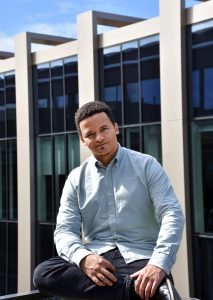With the technology for self-driving cars becoming increasingly normalised, the next logical step in the world of autonomous vehicles is self-flying planes. However, this isn’t some far off fantasy; the aviation industry is developing the technology at the moment, and is spending vast sums of money on autonomous aircraft. Boeing announced in June 2017 that they were going to start testing automated planes, and Airbus is currently working on automated flying cars, and single seater flying taxis (codename Vahana), so it may not be too long until automation becomes a commercial reality.
Crew cutbacks
Reducing the number of people it takes to fly a commercial aircraft has been a slow but steady trend within the aviation industry. During the 1950s the vast majority of aircraft had a crew of 5 – two pilots, an engineer, a navigator and a radio operator. By the 1960s, many companies had dispensed of the radio operator and the navigator, and the engineers disappeared for most companies during the 1990s. If this trend were to continue, it seems inevitable that the human flight crew will be reduced to 0.
Public perceptions
However, it would take the public a long time to get used to the idea of a plane without a human pilot, with a recent report released last August suggesting that only 1 in 6 people would feel comfortable in such a scenario. Despite this, many people do not realise just how much of a pilot’s job is already automated, with a pilot manually controlling the plane for an average of 6 minutes. Autopilot does the rest. Therefore, moving to full automation might not be that big a jump technically speaking, but there may be work to do to convince the general public.
What about safety?
While aviation is already one of the safest modes of transport, there is always more work to be done. In the past 5 years, all major fatalities have been due to pilot errors, with the exception of the missing Malaysian Airlines flight, where the cause is unknown. Improved or total automation would remove human error and potentially avert some disasters. It may take a while for the future of transport to be completely problem free, but greater autonomation has proved successful in improving safety.







